All Stories
-
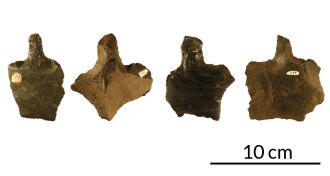 Archaeology
ArchaeologyEaster Island people used sharpened stones as tools, not weapons
Sharp-edged stone tools enabled daily survival, not warfare, on Easter Island.
By Bruce Bower -
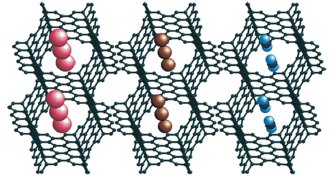 Materials Science
Materials ScienceNew carbon cluster has high storage capacity
A new carbon structure could store gases or liquids in honeycomb-shaped cells.
-
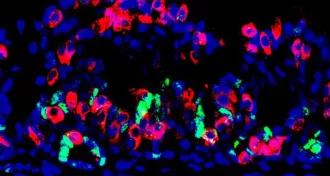 Health & Medicine
Health & MedicineMini-stomachs brew insulin in mice
Scientists transform stomach cells into insulin factories and grow mini-stomachs for diabetic mice.
-
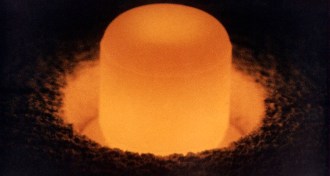 Chemistry
ChemistryAfter 75 years, plutonium is still NASA’s fuel of choice
On the 75th anniversary of the discovery of plutonium, the radioactive element is still not a major source of fuel for nuclear power plants in the United States.
-
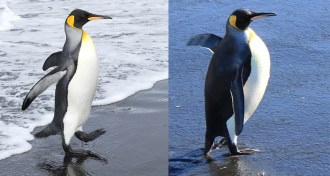 Animals
AnimalsChubby king penguins wobble when they waddle
King penguins’ weight gain makes their waddle a bit wobbly, study suggests.
-
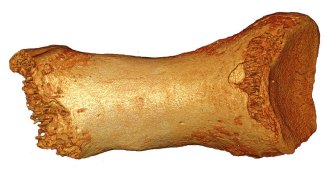 Humans
HumansHuman DNA found in a Neandertal woman
Interbreeding between humans and Neandertals happened earlier than thought, leaving traces in the Neandertal genome.
-
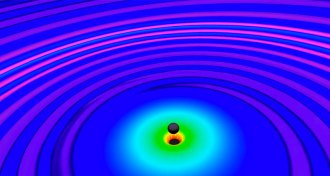 Astronomy
AstronomyBlack hole heavyweights triggered gravity wave event
Those gravity waves came from two black holes more massive than any known outside a galactic core and formed in an environment different than the Milky Way.
-
 Planetary Science
Planetary Science120 seconds in Pluto’s shadow
A 747 outfitted with a telescope worked with New Horizons to reveal details about Pluto’s atmosphere.
-
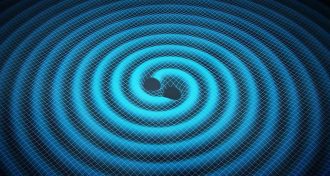 Physics
PhysicsGravity waves exemplify the power of intelligent equations
Discovering gravity waves confirms Einstein and illustrates the power of the human mind to discern physical phenomena hidden in mathematical equations.
-
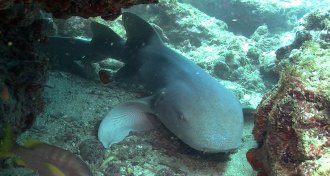 Animals
AnimalsSlow-moving nurse sharks have a metabolism to match
The nurse shark has the slowest metabolism of any shark measured so far, a new study finds.
-
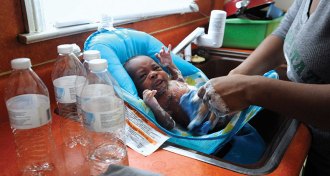 Health & Medicine
Health & MedicineLead’s damage can last a lifetime, or longer
Scientists have known for decades that lead is toxic to the brain, but the mark lead exposure leaves on children may actually stretch into adulthood, and perhaps even future generations.
By Meghan Rosen -
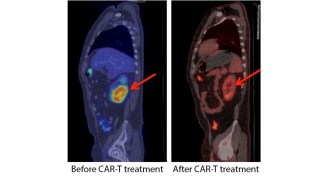 Life
LifeMemory cells enhance strategy for fighting blood cancers
Immune therapy made more powerful with memory T cells.